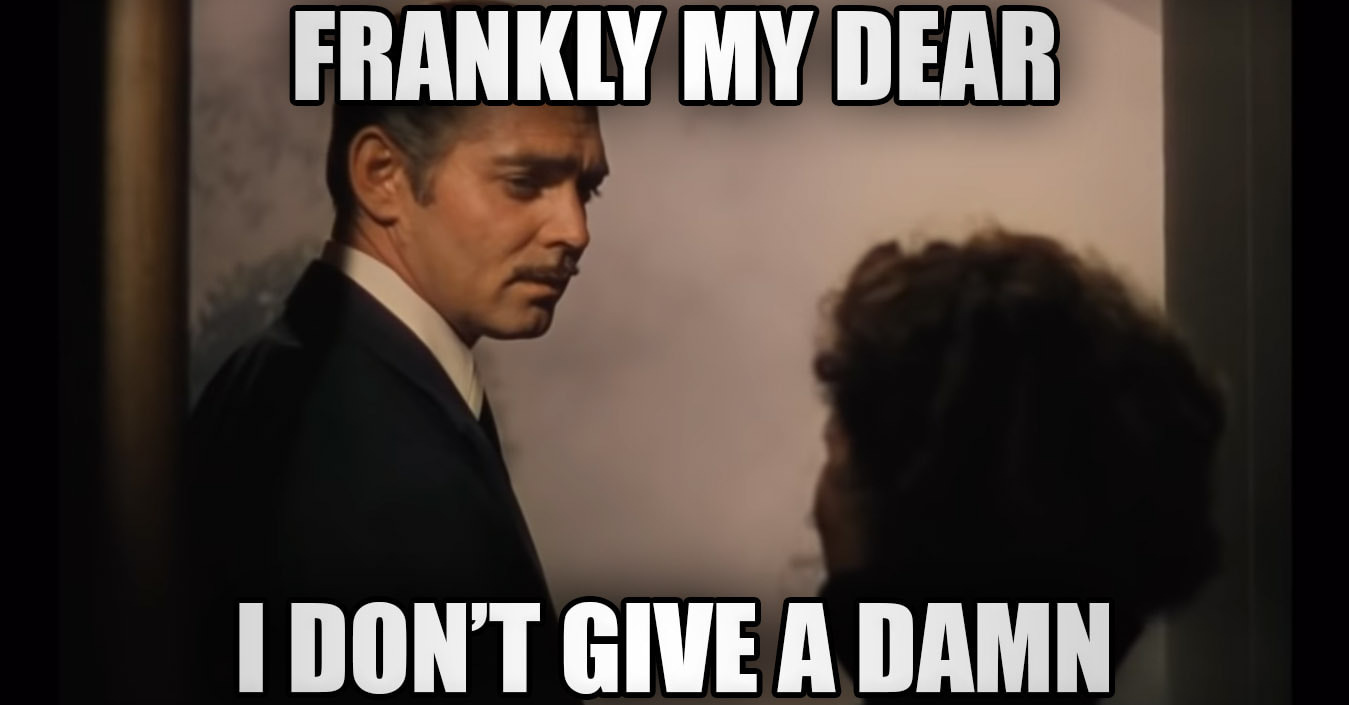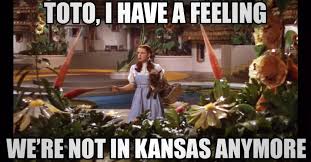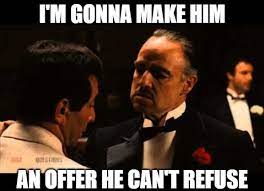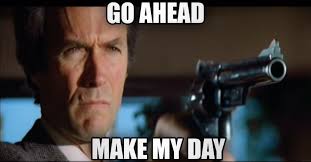How to Write Great Dialogue for Your Screenplay or PilotThere’s a lot that goes into writing a memorable, undeniable script. But what ends up in memes, on T-shirts, coffee mugs, and being quoted by people who probably never saw the movie decades after the movie or TV show first came out? The dialogue. Without a doubt, dialogue is one of the most important elements of a screenplay. It's how characters communicate with each other, reveal their motivations, and move the story forward. If your dialogue is weak, it can sink your entire script. But writing good dialogue can be tricky. It takes practice, skill, and a deep understanding of your characters. Here are some tips to help you write great dialogue for your screenplay or TV Pilot: Let the dialogue advance the plotUse dialogue to assist with character development.A character who went to college will make different word choices than one raised by wolves. They’ll use different words and structure their sentences differently. Straight-arrow Captain America never swears, but Iron Man has a potty mouth. So when Cap does swear, the audience knows it BAD. Use their tone of voice to reveal more about their character rather than tell us. Ted Lasso uses upbeat, folksy sayings, while Roy Kent growls and swears. All of these things can help you create well-rounded, believable characters. Dialogue can also make your script unique. In the “Deadpool” franchise, the dialogue and quippy one-liners make those movies entertaining and sets them apart from the other superhero movies. Avoid exposition in dialogueExposition is when you explain the backstory, setting, or plot of your story through dialogue. Usually, it happens when the writer is afraid the audience won’t understand something they need to know. It’s better to show this information through action or visuals.
Make dialogue sound like real people talkingMakes sure the pacing matches the character. Donkey in “Shrek” talks a mile a minute, while Shrek chooses his words more carefully. Here are some additional tips for writing great dialogue:
Here are some additional resources to improve your dialogue:
Writing great dialogue takes time and practice. But by following these tips and practicing, you can learn how to write dialogue that is both engaging and believable. Want help with your dialogue? Use the email button at the top of the page and reach out to me for a dialogue review. You'll receive a full checklist of what works, what doesn't, and suggestions on how to improve it.
0 Comments
Leave a Reply. |
Marla WhiteCoaching writers who are ready to bring their pitch or script to the next level. Archives
September 2023
Categories |




 RSS Feed
RSS Feed